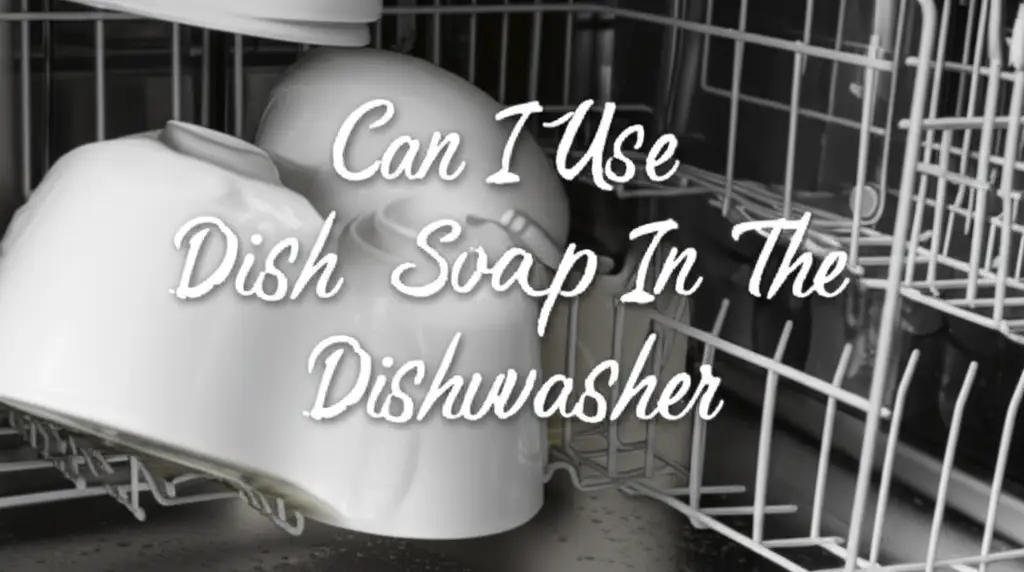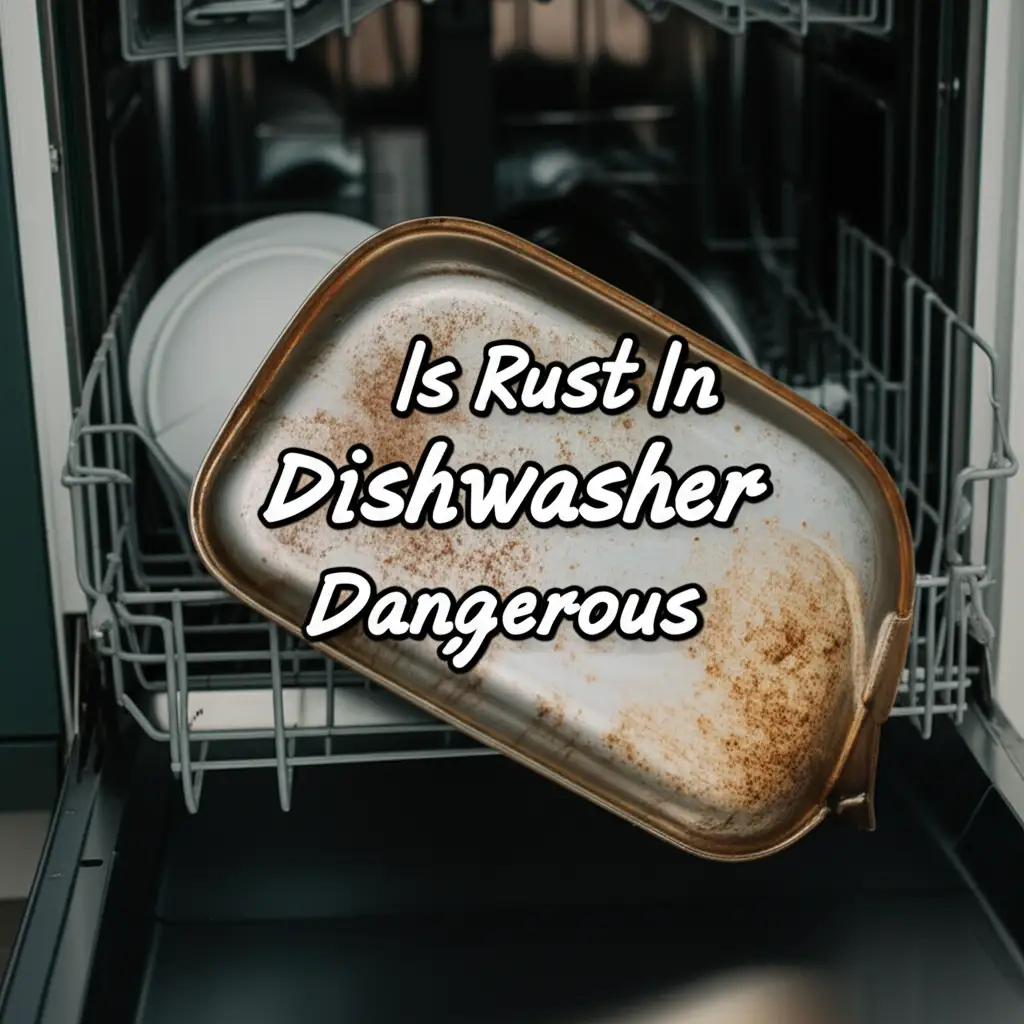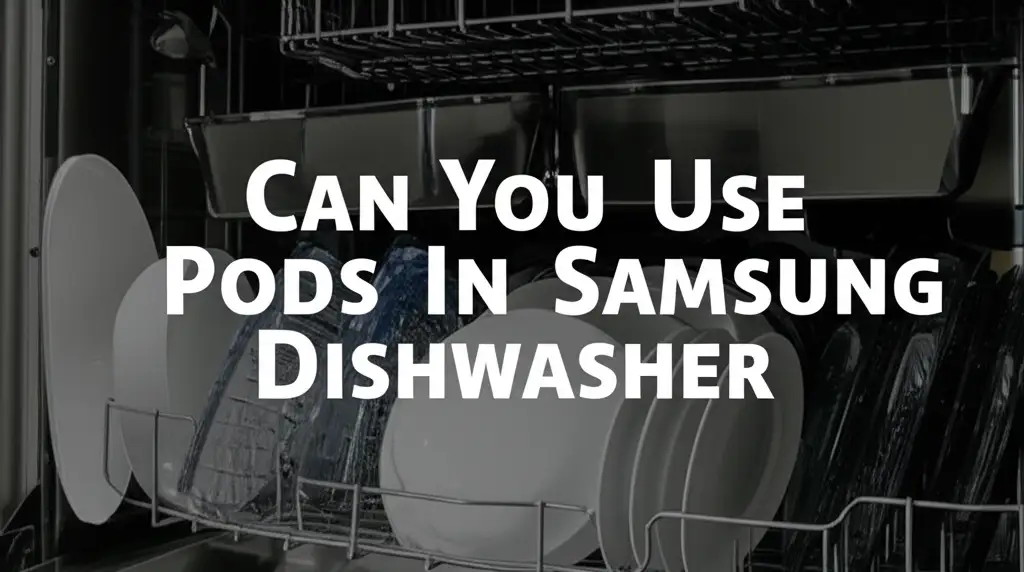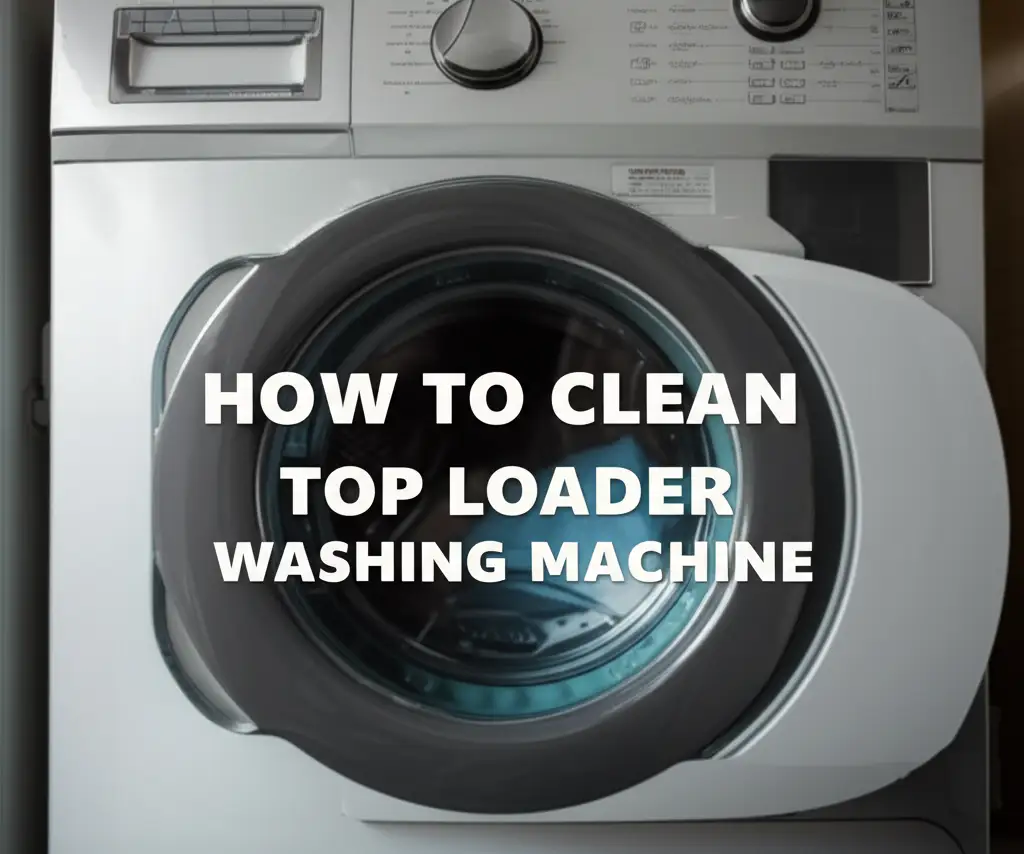· Liora Benning · Kitchen & Home Care · 13 min read
Can I Use Dish Soap In The Dishwasher

Can I Use Dish Soap In The Dishwasher?
Picture this: You are loading your dishwasher, ready to tackle a stack of dirty dishes. You reach for the detergent, but the box is empty. Your eyes scan the sink and spot the bottle of hand dish soap. A question pops into your mind: “Can I use dish soap in the dishwasher?” It seems like a quick solution. I understand the thought process. We all want clean dishes fast.
However, using hand dish soap in your automatic dishwasher is a big mistake. This common household cleaning product is not suitable for dishwashers. It can create serious problems for your appliance and your home. My goal is to explain why this is a bad idea. I will guide you through the risks involved. I will also share what you should do if you make this error. We will discuss the correct products to use for clean, safe dishwashing. Read on to learn more about keeping your dishwasher working well.
Takeaway
- Never use hand dish soap in a dishwasher.
- Dish soap creates excessive suds that can cause overflows.
- Excess suds can damage your dishwasher’s motor and components.
- Dish soap leaves a film on dishes, preventing proper cleaning.
- Use only automatic dishwasher detergent for safe and effective cleaning.
No, you cannot use dish soap in the dishwasher.
Using hand dish soap in your dishwasher is a very bad idea. This type of soap creates too many suds inside the machine. These suds can quickly overflow from your dishwasher. They will flood your kitchen floor. This foam can also harm your appliance. It does not clean your dishes well either. You must use only detergent made for automatic dishwashers.
The Immediate Danger: Suds and Flooding
One of the most dramatic results of using hand dish soap in your dishwasher is the sheer volume of suds. I have seen pictures of kitchens covered in foam, and it is not a pretty sight. Hand dish soap, like the kind you use to wash dishes by hand, is designed to create a lot of lather. This lather helps lift grease and food particles when you wash dishes manually. However, a dishwasher operates differently.
A dishwasher uses strong water jets and specific detergents to clean dishes. It does not need high suds to work. When you put hand dish soap into a dishwasher, the machine’s powerful jets agitate the soap. This agitation causes an extreme amount of foam to build up. This foam expands rapidly, filling the entire dishwasher tub. Soon, the suds will push past the door seals. They will pour out onto your kitchen floor. This creates a messy and slippery hazard. It also shows you are using the wrong product for the appliance.
Cleaning up a suds overflow can take a long time. You must mop up all the foam and water. You also need to clean the dishwasher itself. This experience is frustrating for anyone. It also wastes water and energy. This is a common mistake many people make. But now you know the immediate danger.
Why Dish Soap is Different from Dishwasher Detergent
It is easy to think all soaps are the same, but they are not. Hand dish soap and automatic dishwasher detergent are made for very different purposes. Their chemical formulas reflect these differences. Hand dish soap contains ingredients that produce many bubbles. These bubbles help trap food and grease when you scrub dishes by hand. They also make the soap feel good on your hands. This is why it foams up so much.
Dishwasher detergent, on the other hand, is a low-sudsing formula. It has chemicals that break down food particles and grease without creating excessive foam. These detergents often contain enzymes, bleaching agents, and water softeners. Enzymes help dissolve dried-on food. Bleaching agents help remove stains. Water softeners prevent mineral buildup. These ingredients work together with hot water to clean dishes inside the sealed environment of a dishwasher.
Another key difference is pH balance. Hand dish soap usually has a neutral pH. Dishwasher detergents are often more alkaline. This higher pH helps them cut through tough grease and food residue more effectively in a hot, enclosed space. Using the wrong product means your dishes will not get clean. They may even have a cloudy film. Understanding these differences helps us use the right product for the right job. Always check the label before adding any product to your dishwasher.
Damage to Your Dishwasher Appliance
Using hand dish soap does more than just create a sudsy mess. It can also cause significant damage to your dishwasher. The excess foam generated by dish soap puts a strain on the appliance’s internal components. The motor, designed to pump water, struggles to push thick suds. This extra work can cause the motor to overheat. Overheating can lead to motor failure over time. A broken motor means a broken dishwasher.
The suds can also get into places they should not. They can seep into the electrical components. Water and electricity do not mix well. This can cause short circuits. It can also lead to permanent damage to the dishwasher’s wiring and control panel. Repairing these issues is often very expensive. Sometimes, the damage is so severe that you need to replace the entire appliance.
Furthermore, the excess suds can block the drain lines and spray arms. When drains are blocked, dirty water cannot leave the machine properly. This leaves your dishes unclean and can cause bad odors. Blocked spray arms prevent water from reaching all parts of the dishes. This means your dishes will not get a thorough wash. Using the correct detergent prevents these costly problems. Protecting your appliance means using products made for it.
Impact on Dishes: Cleaning Effectiveness and Residue
Even if you manage to avoid a massive suds overflow, using hand dish soap still harms your dishes. The primary goal of a dishwasher is to clean dishes thoroughly. Hand dish soap does not achieve this. Instead of clean, sparkling dishes, you will likely find them covered in a cloudy film or sticky residue. This residue happens because dish soap is not designed to be rinsed away completely by the dishwasher’s cycle.
Dishwasher detergent contains rinse aids or ingredients that help water sheet off dishes. This prevents water spots and residue. Hand dish soap lacks these properties. The excessive suds also interfere with the washing process. The foam can cushion the dishes, preventing the water jets from hitting them directly. This means food particles and grease do not get properly removed. You end up with dishes that look dirty even after a full wash cycle.
I remember once making this mistake myself. My dishes came out looking worse than when they went in. They felt greasy and had a dull appearance. I had to rewash everything by hand. This doubles your work and wastes time. For truly clean dishes, you must use the right product. This protects your dishes and saves you time. You can learn more about finding the right dishwasher liquid in this article: Can You Use Dishwasher Liquid In Dishwasher.
What to Do If You Accidentally Use Dish Soap
Mistakes happen. If you accidentally put hand dish soap in your dishwasher, do not panic. Act quickly to minimize the damage. Here are the steps you should follow:
- Turn Off the Dishwasher Immediately: If the machine is running and you see suds, open the door right away. This will stop the cycle.
- Scoop Out Suds: Use a cup or small bowl to scoop out as much of the foam as possible. Be careful not to let more suds spill onto the floor. You might need several towels ready.
- Add Salt or Vinegar (Optional, with caution): Some people suggest sprinkling a generous amount of table salt or pouring a cup of white vinegar into the bottom of the dishwasher. Salt helps break down suds. Vinegar can also help reduce foam. Do not add more soap or any other cleaning agents.
- Run a Rinse Cycle: Close the door and run a quick rinse cycle. Do not add any detergent. This helps flush out remaining suds. You may need to do this several times until no more suds appear.
- Clean the Interior: After the rinse cycles, wipe down the inside of the dishwasher. Pay attention to the door gasket and edges. Make sure all suds are gone. You can also run an empty cycle with a dedicated dishwasher cleaner to fully clear out any residue. This helps keep your appliance clean and ready for proper use. For guidance on this, see How To Use Dishwasher Cleaner.
This process can be time-consuming. It is much easier to just use the correct detergent from the start.
Proper Dishwasher Detergent: The Right Choice
To avoid all the problems we discussed, always use automatic dishwasher detergent. This product is formulated specifically for dishwashers. It comes in various forms. Each form offers effective cleaning without the risk of excessive suds. Knowing the types helps you choose what works best for you.
- Powder Detergent: This is a traditional form. It is often cost-effective. You can adjust the amount based on how dirty your dishes are or your water hardness. However, it can sometimes clump if stored in humid conditions. Knowing How Much Dishwasher Powder To Use is key for best results.
- Gel Detergent: Gel detergents are easy to pour and dissolve quickly. They are less likely to leave residue than powders. However, they may not clean as effectively as powders or pods for very tough stains.
- Pods or Tablets: These are pre-measured doses of detergent. They are very convenient and mess-free. Many pods also include rinse aid and other cleaning boosters. You just place one pod into the dispenser. They offer consistent cleaning performance. Most modern dishwashers work well with pods.
No matter which type you choose, make sure the label clearly states “automatic dishwasher detergent.” This ensures it is low-sudsing and safe for your appliance. Using the right product protects your dishwasher and gives you clean, spot-free dishes every time. Investing in the correct detergent saves you money and hassle in the long run.
Alternatives to Dishwasher Detergent (and when to use them)
Sometimes, you might run out of dishwasher detergent. It is tempting to use something else. However, remember that most household cleaners are not safe for your dishwasher. You should avoid using things like laundry detergent, pine cleaner, or bleach. These can cause similar problems as dish soap, or worse. They can also damage your appliance or create dangerous fumes.
If you are truly in a bind and have no automatic dishwasher detergent, there are very limited, temporary alternatives. These are not ideal and should only be used as a last resort. For instance, some people suggest using a small amount of baking soda. Baking soda is a mild abrasive and can help with light cleaning. However, it does not provide the powerful cleaning of detergent. It also lacks rinse aid properties.
Another temporary option is using citric acid. Citric acid is good for removing mineral deposits and hard water stains. You can find it in crystal form. Add a tablespoon or two to the detergent dispenser. It can help with cleaning, but again, it is not a substitute for proper detergent. For a comprehensive guide on substitutes, you can read What Can I Substitute For Dishwasher Soap. It is always best to have a supply of proper dishwasher detergent on hand. If you do not, then hand washing is a safer bet for your dishes and appliance.
Frequently Asked Questions
Can I use laundry detergent in my dishwasher?
No, you should never use laundry detergent in your dishwasher. Laundry detergent, like hand dish soap, produces a very large amount of suds. This will cause an overflow. It can also harm your dishwasher’s internal parts. Laundry detergent is formulated for washing clothes, not dishes. It also may contain dyes or perfumes that can leave residue on your dishes.
What happens if I use dish soap in my dishwasher?
If you use dish soap, your dishwasher will fill with excessive suds. These suds will often overflow onto your kitchen floor. The foam can also damage the dishwasher’s motor and electrical parts. Your dishes will not get clean. They will likely have a cloudy film or sticky residue. You will then need to clean up the mess and possibly rewash your dishes.
How do I get rid of suds in my dishwasher?
To get rid of suds, immediately turn off the dishwasher. Open the door to stop the cycle. Scoop out as much foam as you can. You can then sprinkle a good amount of table salt into the bottom of the dishwasher. Close the door and run a short rinse cycle. Repeat this process until all the suds are gone. Then, wipe the interior clean.
Can I use vinegar instead of dishwasher detergent?
Vinegar is a good rinse aid and can help with hard water spots. You can use it in the rinse aid dispenser. However, vinegar is not a detergent. It does not have the cleaning power to remove food and grease. You still need automatic dishwasher detergent for effective dish cleaning. Vinegar is a good helper, not a full replacement. For more information, check out Can I Use Vinegar Instead Of Rinse Aid In Dishwasher.
Will dish soap ruin my dishwasher permanently?
Using dish soap once might not ruin your dishwasher permanently, especially if you act quickly. However, repeated use or a severe overflow can cause significant damage. It can burn out the motor or damage electrical components. These repairs can be very expensive. In some cases, the damage could be extensive enough to require appliance replacement. It is better to avoid this risk entirely.
What is the difference between dish soap and dishwasher detergent?
Dish soap is made for hand washing dishes. It creates many suds to help scrub food by hand. Dishwasher detergent is for automatic dishwashers. It is a low-sudsing formula. It contains specific enzymes and cleaning agents that work in a hot, enclosed environment. This helps break down food and grease without creating foam.
Conclusion
So, can you use dish soap in the dishwasher? The clear answer is no. Hand dish soap is made for washing dishes by hand. It creates many suds that can flood your kitchen. It can also damage your valuable appliance. Your dishes will not come out clean either. Instead, they will have a stubborn film. This can be a costly mistake.
I hope this article helps you understand why using the correct product is so important. Always choose a detergent made for automatic dishwashers. Powder, gel, or pods are all suitable options. These products ensure your dishes get clean. They also keep your appliance running smoothly for years to come. Make sure you always have proper dishwasher detergent on hand. This small step protects your home and saves you future headaches. Keep your kitchen safe and your dishes sparkling!





